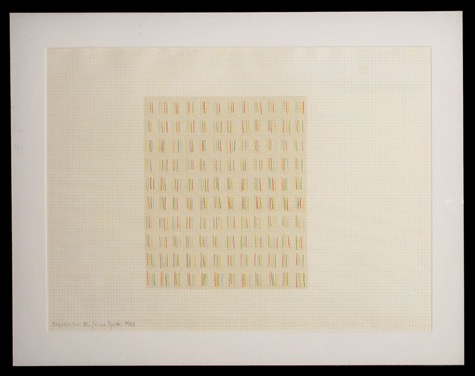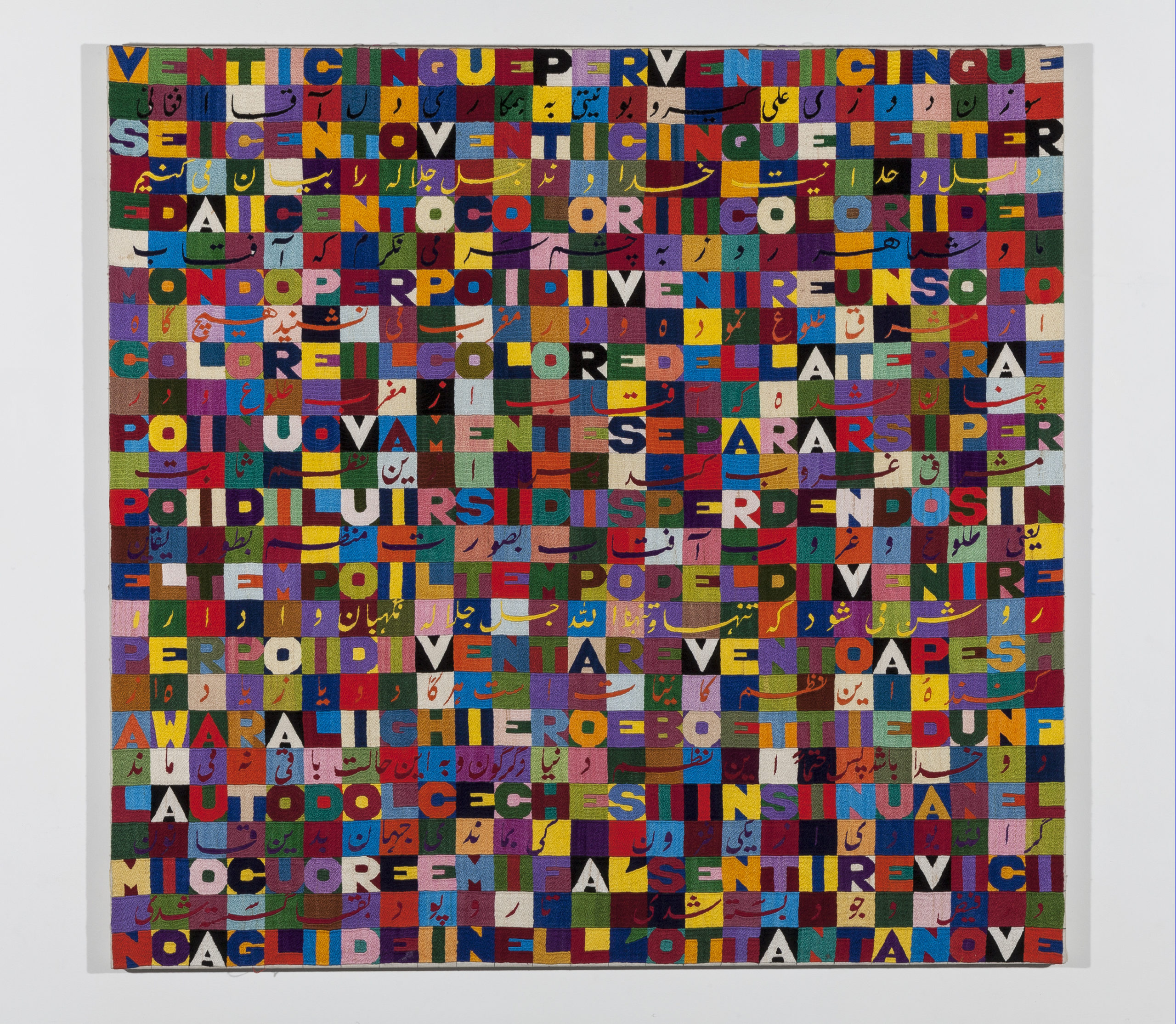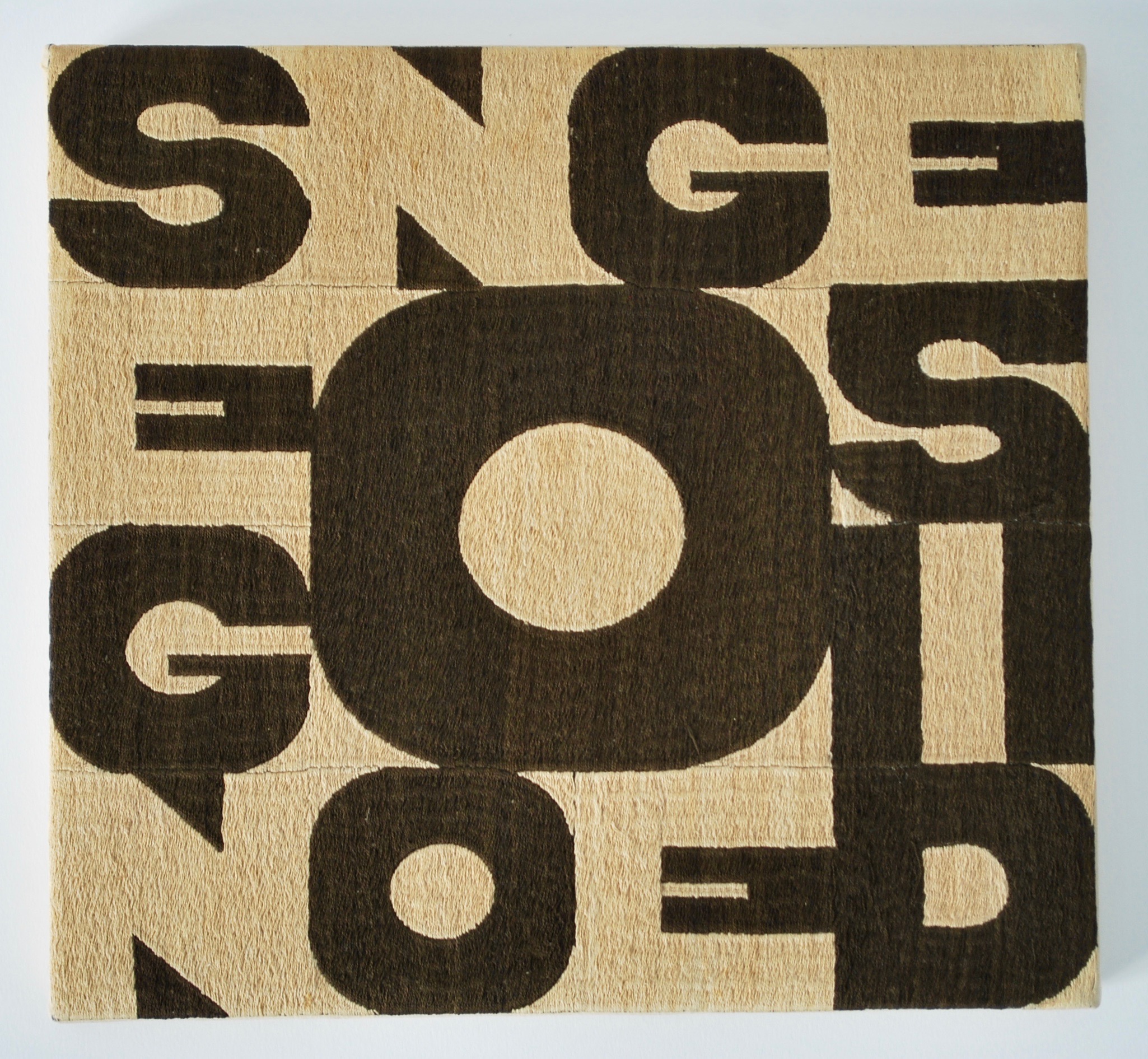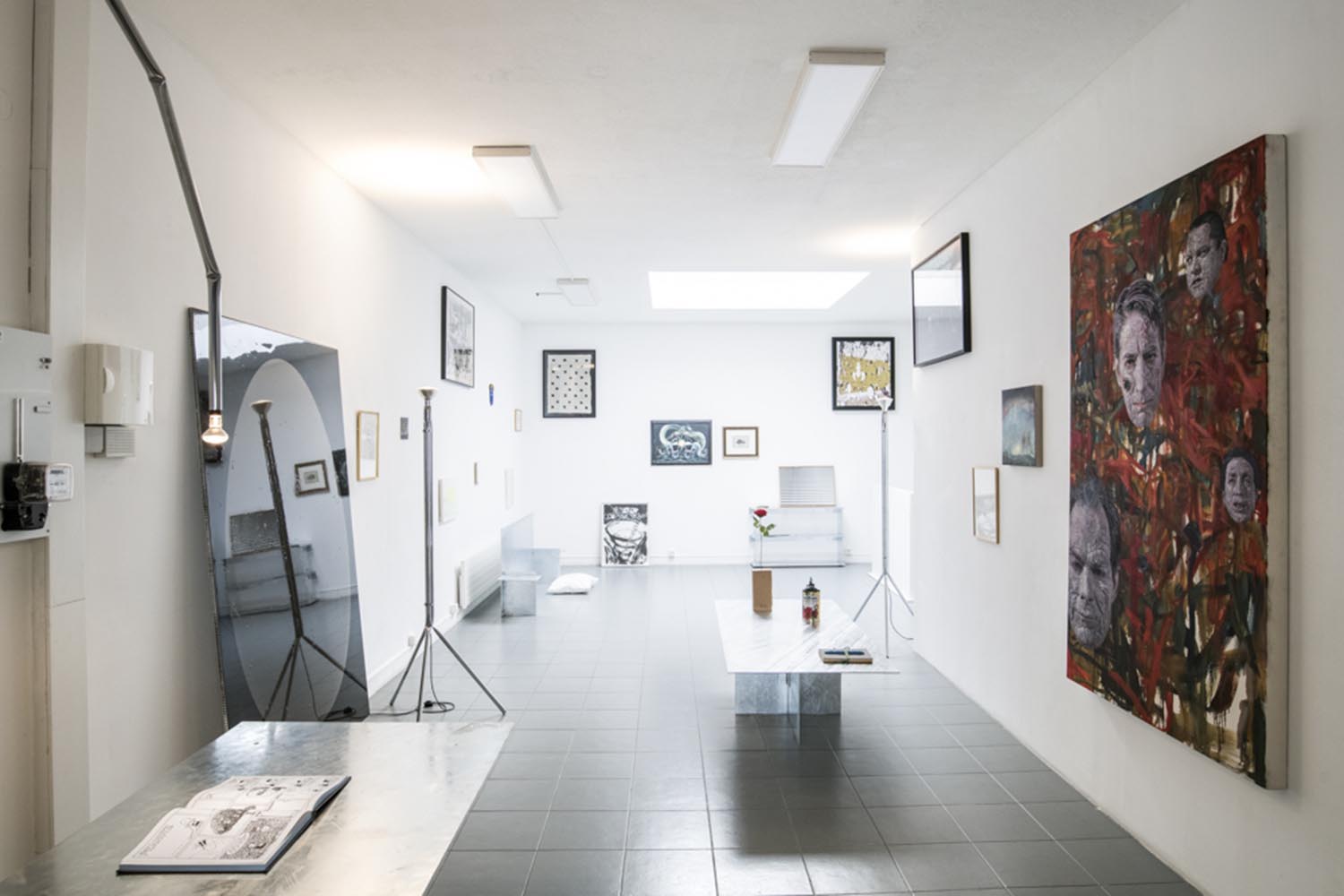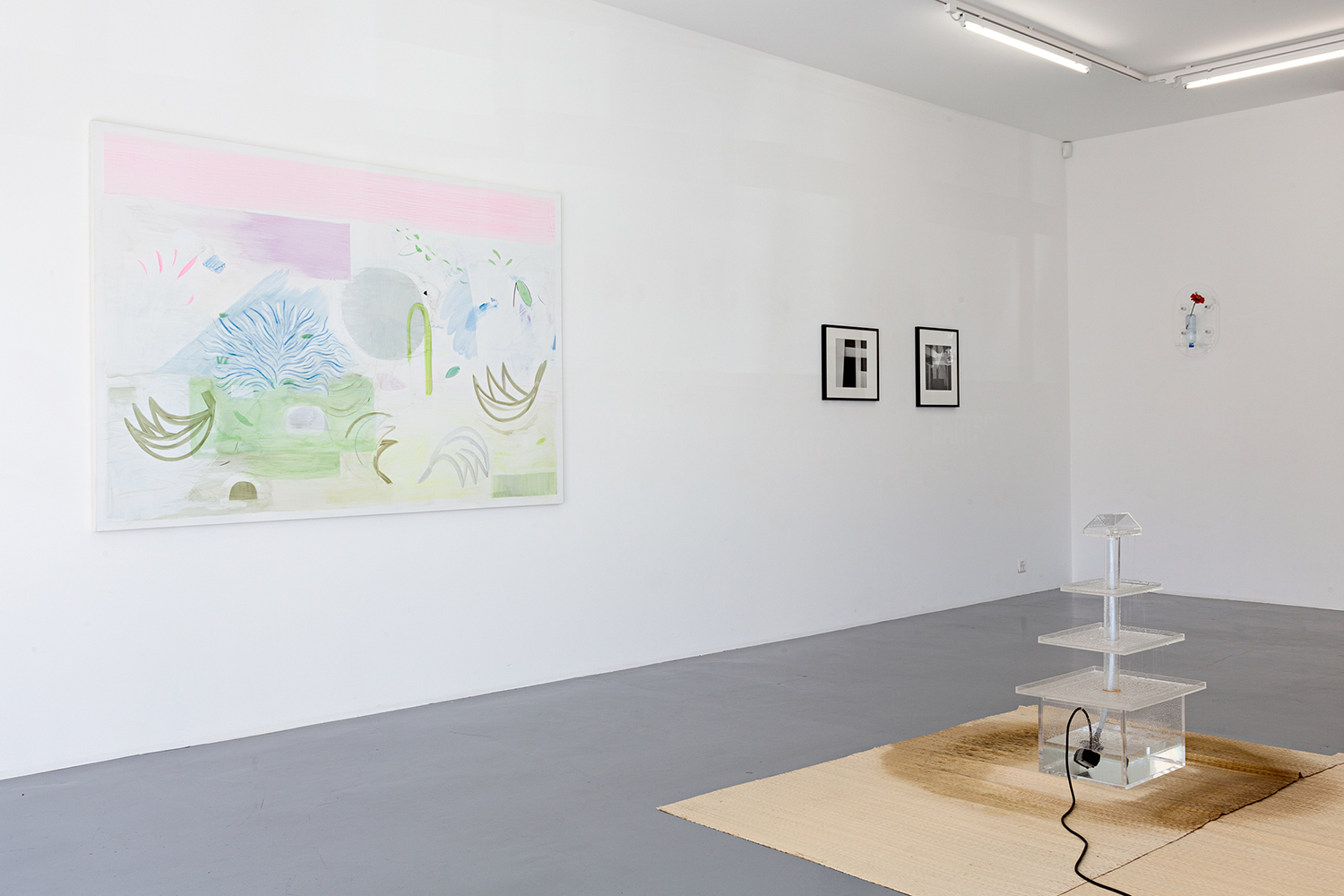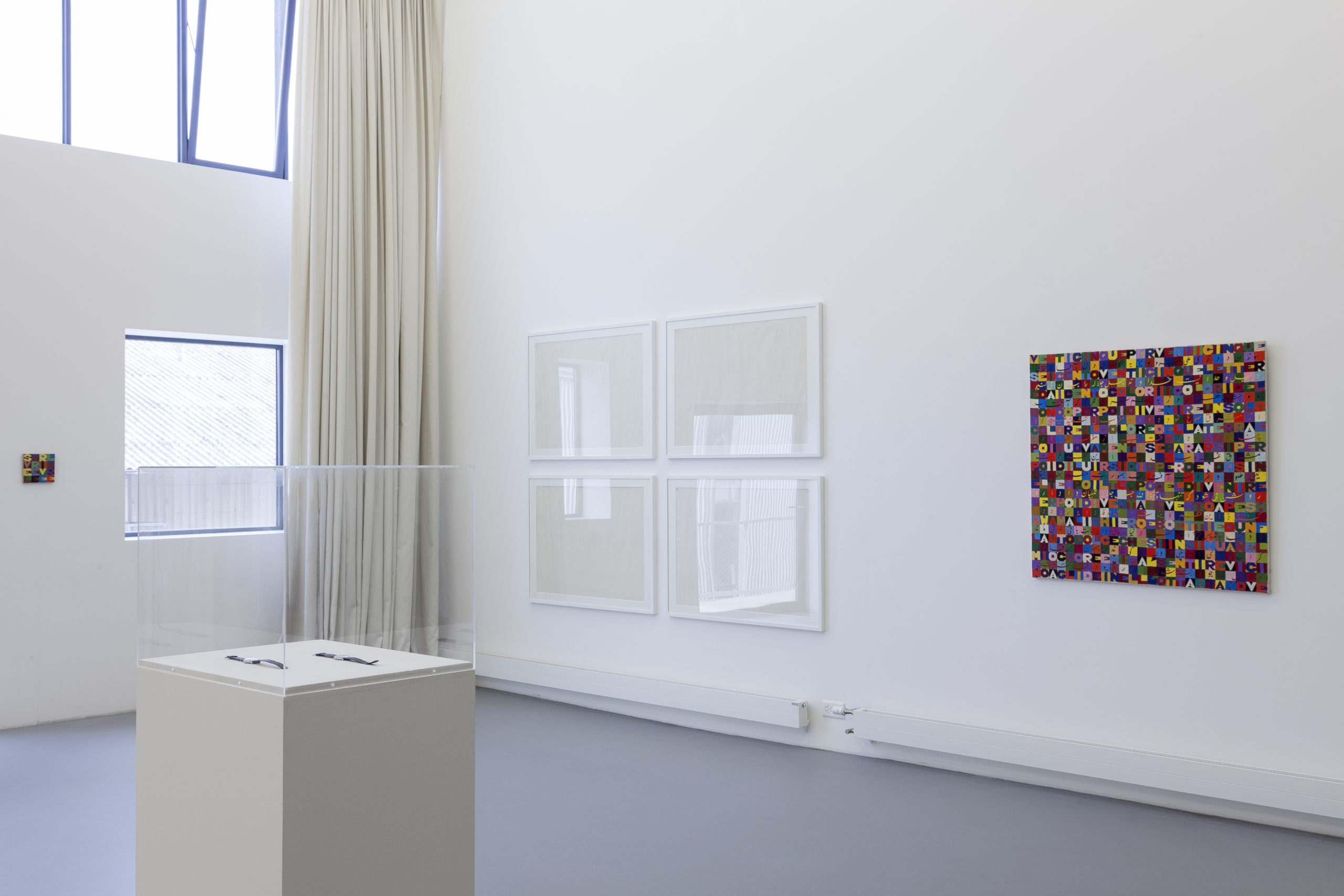Alighiero Boetti
Alighiero Boetti was born in Turin on December 16, 1940, to a lawyer father and a violinist mother who raised her children alone. After an unremarkable education but a growing artistic curiosity, he spent time in Paris before returning to Turin, where in the mid-1960s he began creating his first works combining drawing and hidden text. He exhibited with Christian Stein, La Bertesca in Genoa, and Toselli in Milan, and took part in the Arte Povera movement before distancing himself from it in 1971. Boetti then developed a conceptual approach, signing his works “Alighiero e Boetti” to express the duality between the artist and his double.
His works, postcards, tapestries, maps, smileys, were often executed by others following his instructions. From 1971 onward, he made long stays in Kabul, where he opened a small hotel and had his tapestries embroidered by local women. After the Soviet invasion of 1979, he continued this collaboration in Peshawar, Pakistan, working with Afghan refugees. Settled in Rome from 1972, he pursued an intense period of exhibitions and new creations (the Nature, a Dark Affair and Tutto series, Calendars, mosaics, and sculptures). Despite serious illness, he completed his Self-Portrait Fountain in Arnaldo Pomodoro’s studio.
Exhibited widely in Italy and abroad (MoMA, Centre Pompidou, Kunsthalle Düsseldorf) and featured in the Venice Biennales of 1972, 1980, and 1990, Boetti died in Rome on April 24, 1994.
Read more +


